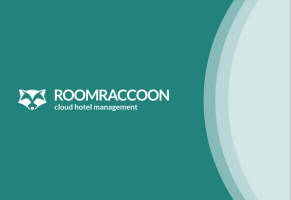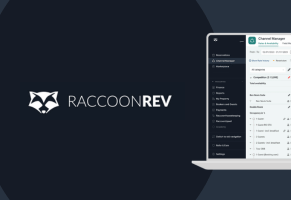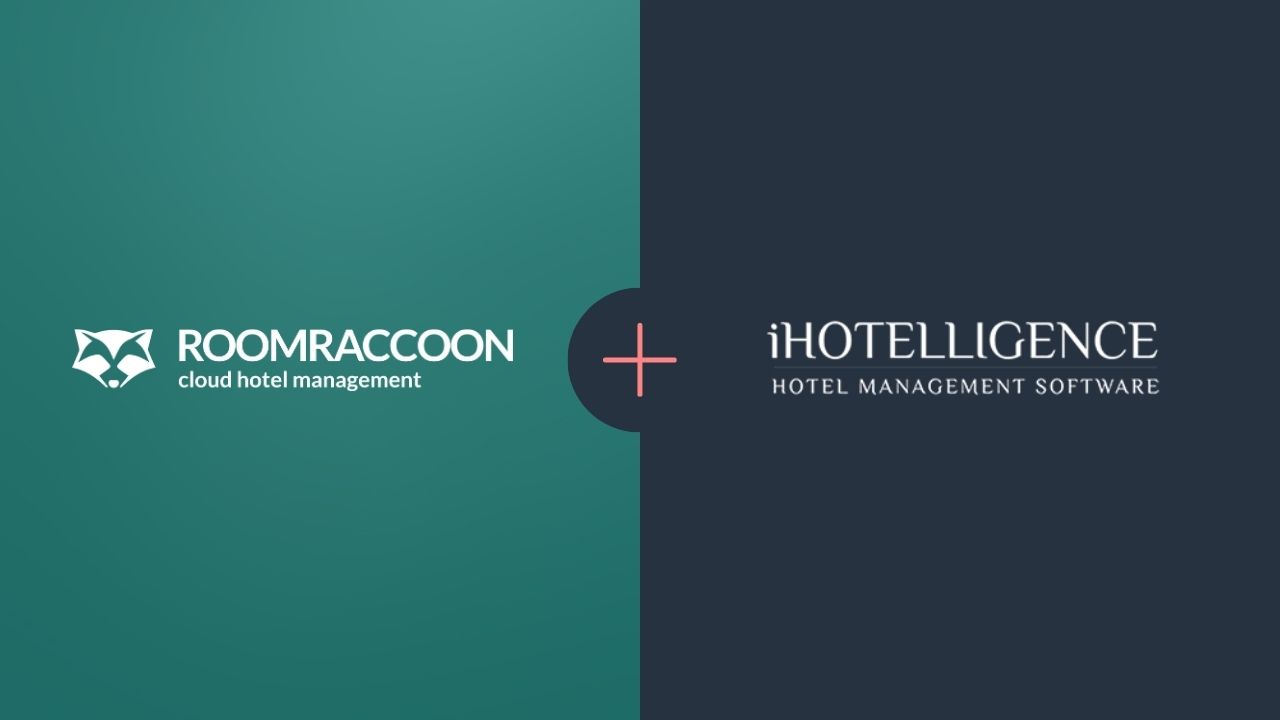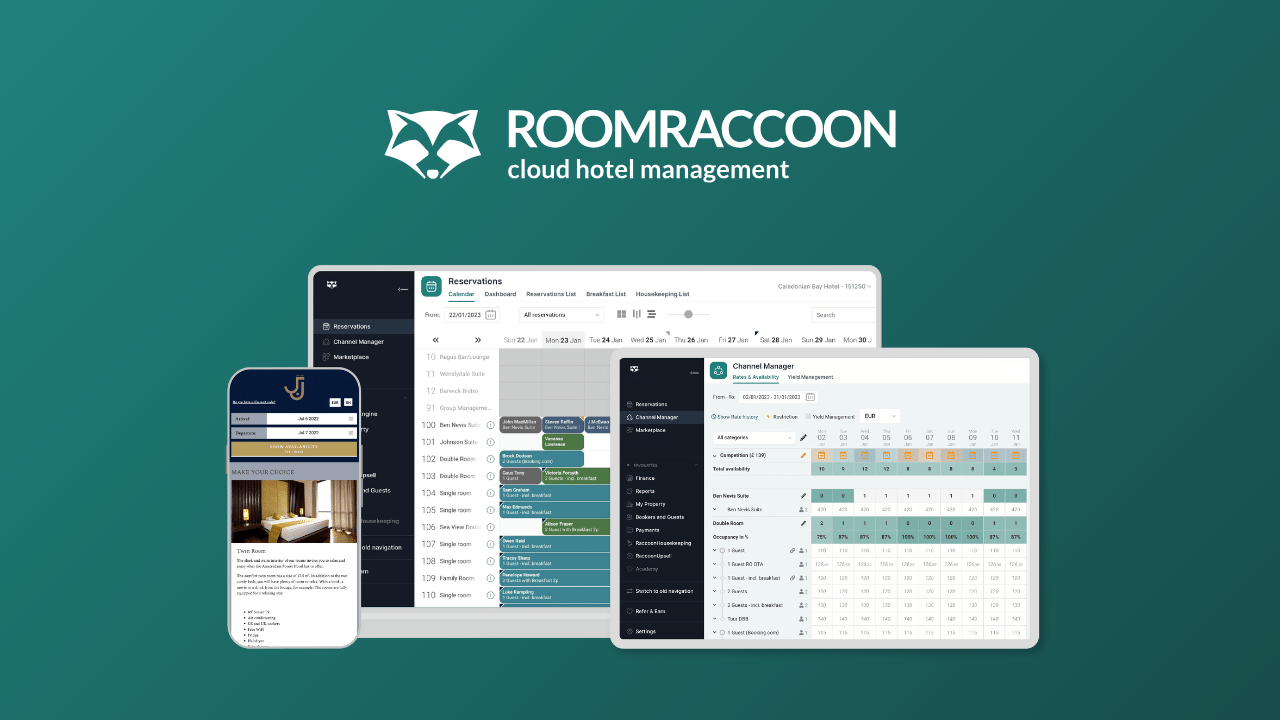CORE PRODUCT
10 Proven Tips to Reduce and Avoid a Double Booking
February 16, 2024 Kelly
Share this post

Wherever your hotel is based, double bookings can lead to problems for you and your guests. Most hotel bookings now occur online by people from all over the world using various channels—whether directly via a hotel management software or indirectly using an online travel agency. So it’s more important than ever that hotels try to limit the number of double bookings they experience.
We will look at how this can happen and the steps you can take to avoid them.
What is double booking?
Double booking refers to instances where a room in a hotel is allocated to two different customers on the same or overlapping dates. Usually, this will be the result of an innocent mistake. It can still create great stress for guests and hoteliers alike.
Several factors can lead to double booking:
- Human error – Hotels employing manual booking processes can fall victim to human error. Rooms can erroneously be double booked if staff overlook existing bookings or if the records of bookings aren’t up-to-date and easy to find.
- Late check-out/early check-in – Hotels offering early check-in and late check-out services must make sure that these services don’t cause overlaps in room bookings.
- No central booking system – Many hotels advertise rooms on multiple booking platforms. A lack of a centralized booking system or channel manager that accounts for all these different channels can lead to the same room being double booked by guests on different platforms.
- Overbooking – Practicing overbooking can lead to rooms being double booked if all guests wish to carry through with their reservations.
Overbooking your rooms can have a range of negative consequences. Guests who find themselves without a room despite having made a booking will be understandably upset. These guests are more likely to leave negative reviews, creating a negative perception of the establishment, which can impact future business.
There’s also the financial impact to consider. Often the hotel will be held responsible for relocating guests who have been double-booked. This may mean renting out a higher-value room at a loss or relocating guests to alternative accommodation if no other rooms are available on-site.
10 Tips to reduce and avoid double booking
Because the impacts of double booking can be so costly, both to a hotel’s reputation and finances, steps should be taken to avoid it at all costs. Here are ten top tips to help you reduce the chance of a double booking in your hotel.
Maintain real-time room inventory tracking
Keeping track of the rooms you have available in real time will help you to make sure that you don’t offer a room that’s already occupied. There are many hotel management software solutions available that can help you achieve this, giving you visibility into bookings across a range of channels.
Real-time room inventory tracking will allow you to stop taking bookings on a room the second it’s booked by someone else. In many cases, this process will happen automatically, so you won’t even have to constantly monitor your booking channels to update availability.
Set reservation limits based on availability
By setting reservation limits based on availability, you can prevent your hotel from becoming overbooked. Some hotels will purposefully practice overbooking, anticipating that some guests will cancel their booking or simply not turn up.
It can be a risky practice. If no guests cancel and everybody wishes to proceed with their reservation system, rooms can become double booked. This can lead to guests receiving poor customer service and being relocated at your expense.
Setting reservation limits on every booking channel you use will make sure that no more bookings can be taken once your hotel is at full capacity, preventing rooms from becoming double booked.
Implement demand-based pricing and a waitlist system
Many hotels will implement demand-based pricing to optimize occupancy and maximize revenue. When plenty of rooms are available, rates are reduced to encourage bookings. As rooms fill up, the rate increases.
Demand-based pricing can help hotels achieve even occupancy levels across longer periods rather than experiencing periods of high demand where the risk of double booking may increase.
A waitlist system can also help to reduce the occurrence of double booking. Instead of overbooking rooms, guests wishing to book a room during full occupancy can be placed on a waitlist.
If an existing guest cancels their booking, you can offer the room to a potential guest on the waitlist. This allows you to maintain optimum occupancy levels and maximize revenue. If no cancellations are made, rooms haven’t been unnecessarily double booked.
Enforce clear cancellation policies and fees
Cancellations can severely impact your ability to achieve optimum occupancy, especially considering that 45% of booking cancellations occur less than two days before guests arrive.
Making guests aware of your cancellation policy before they book should help minimize cancellations, which will, in turn, allow you to reduce the risk of double booking.
By reducing the likelihood of cancellations, you can reduce the need to overbook rooms, reducing the number of double bookings you’ll experience.
Using integrated payment processing solutions will make enforcing your cancellation policies and fees easier. You can take deposit payments directly through your website, and they make it easy to track payments should any dispute occur.
Often these solutions are also recognized by the relevant tax authorities, whether that’s the IRS, HMRC or the CRA. This can be really useful when it comes to filing your tax returns, as you’ll have all of the right information in the right place.
Use real-time booking software for insights
Hoteliers are increasingly opting to use hotel management software to take greater control of their booking processes.
Real-time booking software gives you better visibility into the availability of rooms in your establishment. The best real-time booking software solutions enable you to monitor bookings across various channels, allowing you to see exactly how many rooms are booked and available.
This helps you to implement demand-based pricing and reduces the likelihood of rooms becoming double booked.
Coordinate with housekeeping for room availability
Coordinating with housekeeping will help you to make sure that the maximum number of rooms possible is available for guests, which should reduce the risk of double booking.
For example, you can request that housekeeping prioritize rooms that have just been vacated, getting them ready to be occupied again as soon as possible. This will help to limit the occurrence of double bookings due to late check-out and early check-in.
Train staff to handle overbooking situations
You must train staff to know how to handle situations where overbooking does occur.
Make sure that staff know how to handle guests who are double booked. For example, if the room they’ve booked is occupied, you could offer them a free upgrade to a higher-quality room. If the entire premises is fully booked, have a contingency plan for finding guests a room at a sister hotel or similar accommodation.
Having a clear system for these scenarios will make sure that the disruption to your guests is minimized and could be the difference between you receiving a bad review or not.
Analyse booking history data to forecast demand
Demand and peak times are going to vary slightly depending on your location and appeal. Are you a London townhouse hotel providing a magical Christmas experience? Or are you on a Miami beach, providing your guests with some well-deserved relaxation and time in the sun? As you well know, these factors, and many more, will massively impact when your busy period is.
So, accurately forecasting demand for your hotel is essential for ensuring that you achieve optimum occupancy and maximize your revenue.
Looking back at previous years for periods of peak or low occupancy will help you plan for similar periods. This will allow you to make more informed decisions around demand-based pricing and will allow you to be more vigilant during times when double booking may be more of a risk.
Keeping detailed data about your booking history is key to achieving these insights. A comprehensive hotel management software solution can help you store, organize, and analyze this data efficiently.
Promote direct bookings to reduce risks
Encouraging your guests to book directly with your hotel through your brand website will help to reduce the risk of double bookings. Many hoteliers are already realising the benefits of having their guests book directly, with online direct bookings growing the fastest of all booking methods in recent years.
Follow us
Kelly
Related Posts
Subscribe to our newsletter for more on the latest hospitality & RoomRaccoon updates delivered straight to your inbox!





